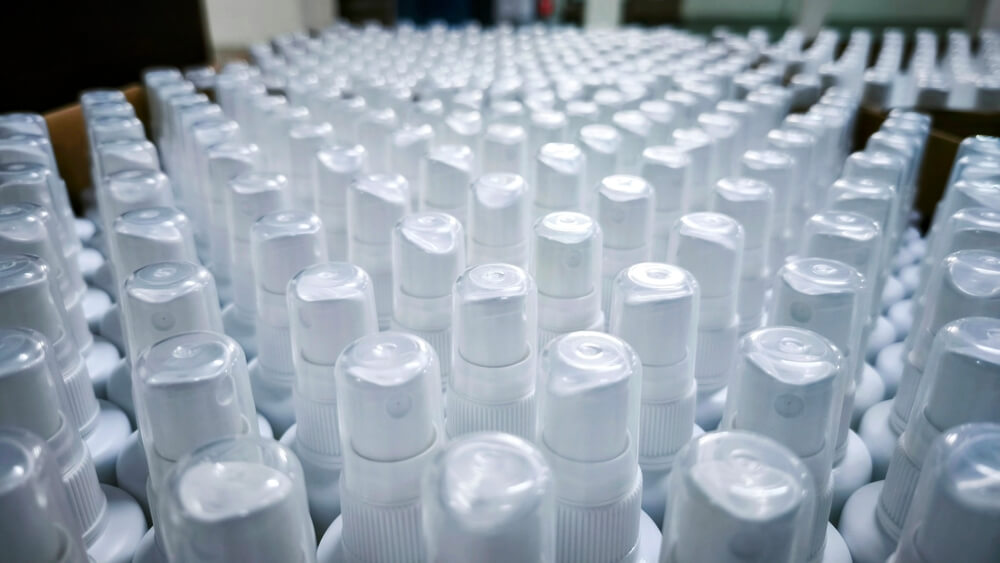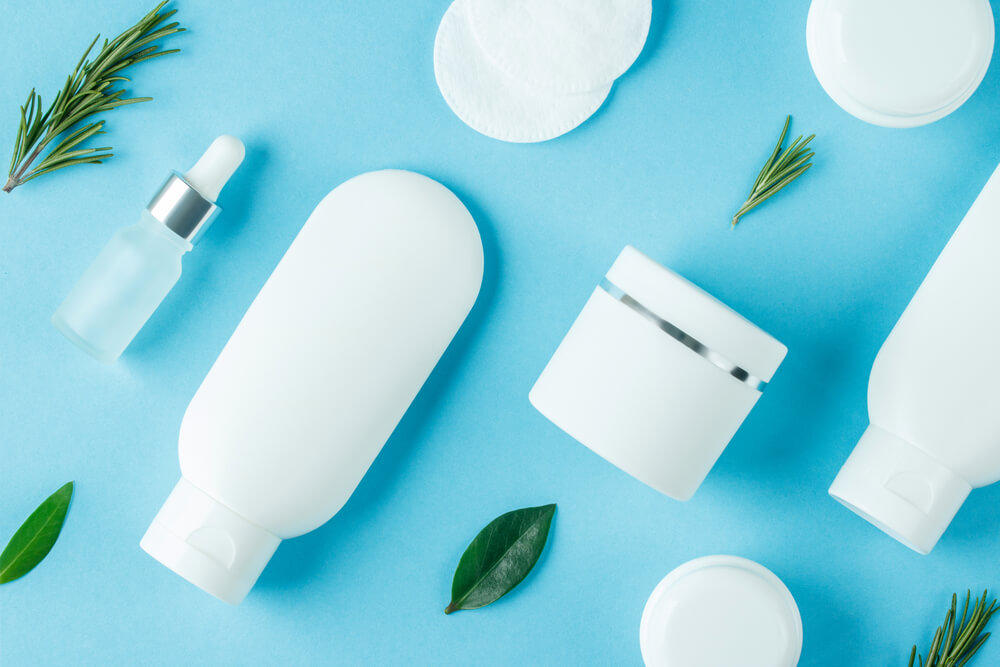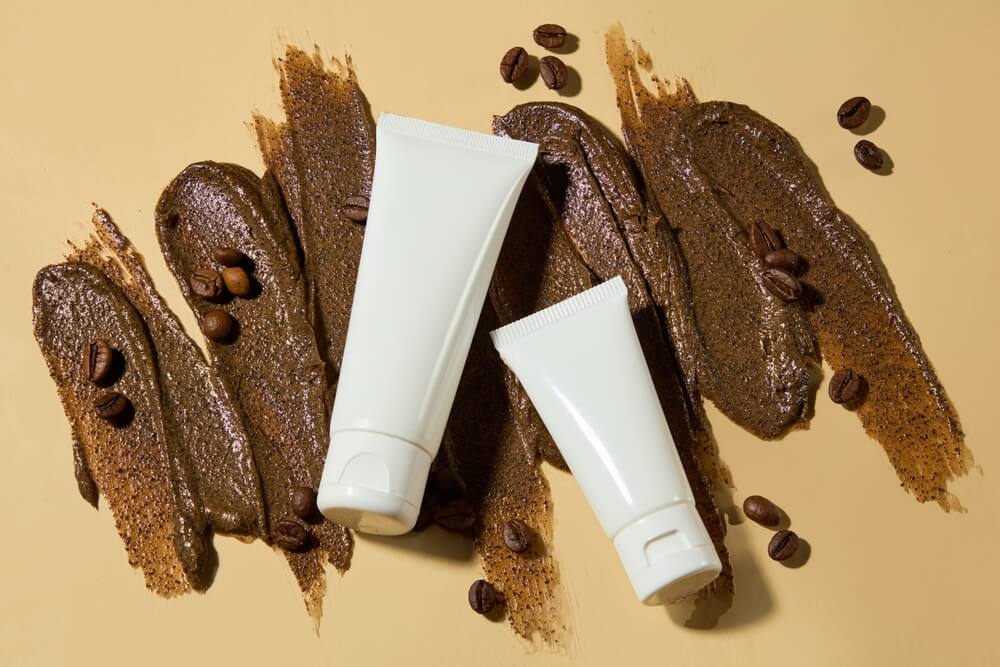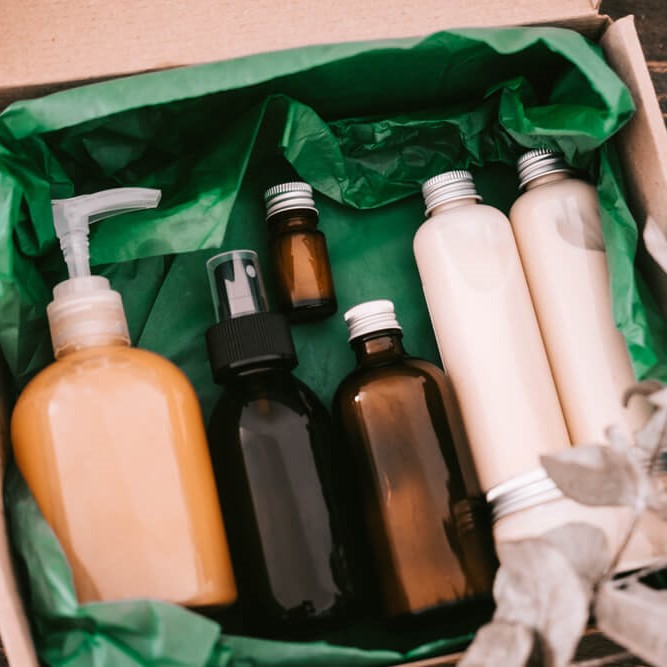Has your brand reached the transitional stage between startup and scale-up? If so, congratulations! This is a great position to be in as it means that growth, along with even more success, could be just around the corner.
With that said, figuring out how to actually scale up isn’t always simple, although going down the private label route does make things a lot easier! Read on as FLPL shares some smart strategies for scaling your brand with private label products.
Spend Plenty of Time on Market Research
Market research is the very first step to take when you’re thinking about scaling your brand. After all, there are so many different avenues to take when scaling up, and the only way to know which would work best for your brand is by speaking to your audience, both your current audience as well as potential target audiences.
Find out what your current and future customers need, want, and expect from your brand. Use as many research methods as you can, from social media conversations to surveys to interviews. From this information, you’ll be able to identify opportunities for new products that could solve their problems and cater to their pain points.
Diversify to Reach a Wider Customer Base

Diversification is a great way to scale up while also reaching a wider customer base. There are three main ways in which you can do this:
Concentric Diversification
Concentric diversification is when you introduce new products that are similar to those that you’re already selling. Say you’re a skincare brand that already sells face creams, serums, and cleansers. If you wanted to concentrically diversify, you could consider adding face masks or toners to your product range.
This strategy enables you to build on your existing strengths while also utilizing some of the R&D you’ve already done. By fleshing out your product range in this way, you’ll also be reducing your overall risk. You’ll no longer be reliant on the smaller range you were previously selling, which will make you more resilient to any changes in the market.
Another benefit to concentric diversification is that you’ll likely be able to use one private label manufacturer to produce all of your products. Pick one that offers a good range of products in your industry, like FLPL, and life becomes much simpler.
Horizontal Diversification
Horizontal diversification is when you create new products that are different from what you’re already selling, but still cater to the same audience. A private label brand selling makeup, for example, could horizontally diversify by introducing a line of makeup removers or makeup blending sponges.
If you already have an established customer base, this is a good method for scaling your brand, as you’ll be able to give those customers even more. Your broader range of products will also give your brand a competitive edge, which can help to attract new customers. In the long run, this strategy could greatly increase your market share. Plus, since you’ll already be familiar with what your customers want and how they shop, it’s slightly lower risk, too.
Conglomerate Diversification
Conglomerate diversification is when a brand enters a completely new and different market. Say, for example, a brand that sells body care products decides to also start manufacturing snack foods. This would be conglomerately diversifying.
As you can imagine, it’s a risky strategy. It’s usually done as a means to balance risk. It’s also appealing if you happen to spot the potential for success in a market that’s unrelated to your own.
While the thought of entering a new market can seem stressful, this is something that private label manufacturing makes easy. You won’t need to worry about starting from scratch with R&D, product design, packaging, or sourcing factories. Your private label manufacturer will be able to handle all of this for you. You’ll be able to make your mark on a new market without removing too much focus from your business activities.
Upgrade Existing Products

If you like the thought of scaling your brand but aren’t keen on the idea of creating new products, one strategy to consider would be to upgrade your existing products. Slightly different versions of what you’re already selling could be a big hit with your customer base (again, the only way to know this for sure is by doing lots of market research!).
Let’s use hair straighteners as an example. Upgrading your existing product line could involve manufacturing your hair straighteners in more colors and patterns. You could also add in an extra feature or two, and then charge a slightly higher price for those elevated devices.
Of course, simplifying a product to make it more affordable to the masses is another approach you could take. If the price of your products is hindering your brand’s ability to grow, this could be a way to appeal to a wider customer base without losing the higher-end touch of your original product line.
Embrace Innovation
Innovation is considered to be the foundation for growth. If you don’t embrace innovation, you’ll struggle to scale your brand in a way that succeeds.
How, exactly, do you do this? Innovation is all about looking ahead and fostering new ideas that deeply resonate with your target audience. Again, market research can help to drive this – engaging with customers could spark an insight that enables you to take your brand to the next level.
It pays to keep an eye on market trends, too. If you’re a brand that sells hair care products, and a new ingredient has been gaining traction in the beauty world, incorporating this into your products in an innovative way will give your brand an edge. With private label products having a relatively quick turnaround time, private label brands find it much easier to respond to market trends than traditional brands.
Technology is something to bring into the mix as well. It’s always changing, and incorporating this into your products is a great way to showcase your commitment to pushing boundaries.
Bundle Complementary Products

Product bundling is something that many brands do. It involves selling multiple products as one, in a single package. These bundles are usually available at a lower price than if those products were to be purchased individually.
Wondering how this helps you to scale up? If you’re clever about it, you could include a show-stopping product in that bundle that can’t be purchased separately. Let’s go back to using hair care products as an example – a brand that sells shampoos, conditioners, and hair masks. If you were to introduce a cutting-edge hair serum into your product range – one that your customer base has been desperately needing – but only make it available as part of a bundle, you could end up selling more products overall. It also means that new customers will be trying more of your products, which could earn you repeated future orders for those, too.
Go Global
When it comes to scaling your brand, the sky should be the limit, meaning that international boundary lines should definitely not stop you! If you’re currently only selling to customers in a certain part of the world, expanding to a more international reach could really help boost your growth.
This is another area in which having a private label manufacturer by your side can be incredibly useful. Each country will usually have its own rules and regulations when it comes to different products. A credible private label manufacturer will be able to produce products, as well as labels and packaging, to international standards. This could save you from having to deal with any legal trouble further down the line.
Add New Expertise
One aspect of private labeling that many brands love is the ability to mull ideas over with professionals who know the industry well. With some private label manufacturers, like FLPL, all you really need is an idea – we can help you with everything else.
With that said, the expertise that a private label manufacturer has will only go so far. If you want to scale up in a very niche direction, it could be worth bringing some new expertise onto your team.
Let’s use sustainability as an example – something that many brands are now striving for. While a good private label manufacturer will be able to give you options when it comes to creating sustainable products and packaging, you may also want to partner up with a sustainability expert who has enough niche expertise to give your brand an edge. Whether this involves utilizing new, cutting-edge packaging materials, sourcing hyper-local ingredients, or anything else, this strategy does come with an extra upfront cost, but it’s one that can really pay off.
Make the Most of Pilot Testing
After working with your private label manufacturer on the types of products you want to create, they’ll then take that information and turn it into tangible product samples. At this stage, pilot testing should occur. This is when you take those samples to a small group from your customer base. Then, find out exactly what they think of them.
It’s a great strategy for identifying potential issues before your products are mass-manufactured. Based on the feedback that you receive, you could also fine-tune your products to make them even more appealing to your target audience. The best part is that this won’t take up too much of your time. Simply relay the necessary changes to your private label manufacturer, and they’ll make things happen. Making the most of the pilot testing period means that scaling your brand will become much less risky.
Scaling Your Brand With FLPL
The first step to scaling your brand with private label products is to make sure that you’re working with a private label manufacturer who has plenty of experience in your niche. If skincare, hair care, beauty, or wellness happens to be your chosen industry, get in touch with FLPL today to find out more about how we could help you take your brand to new heights of success!



